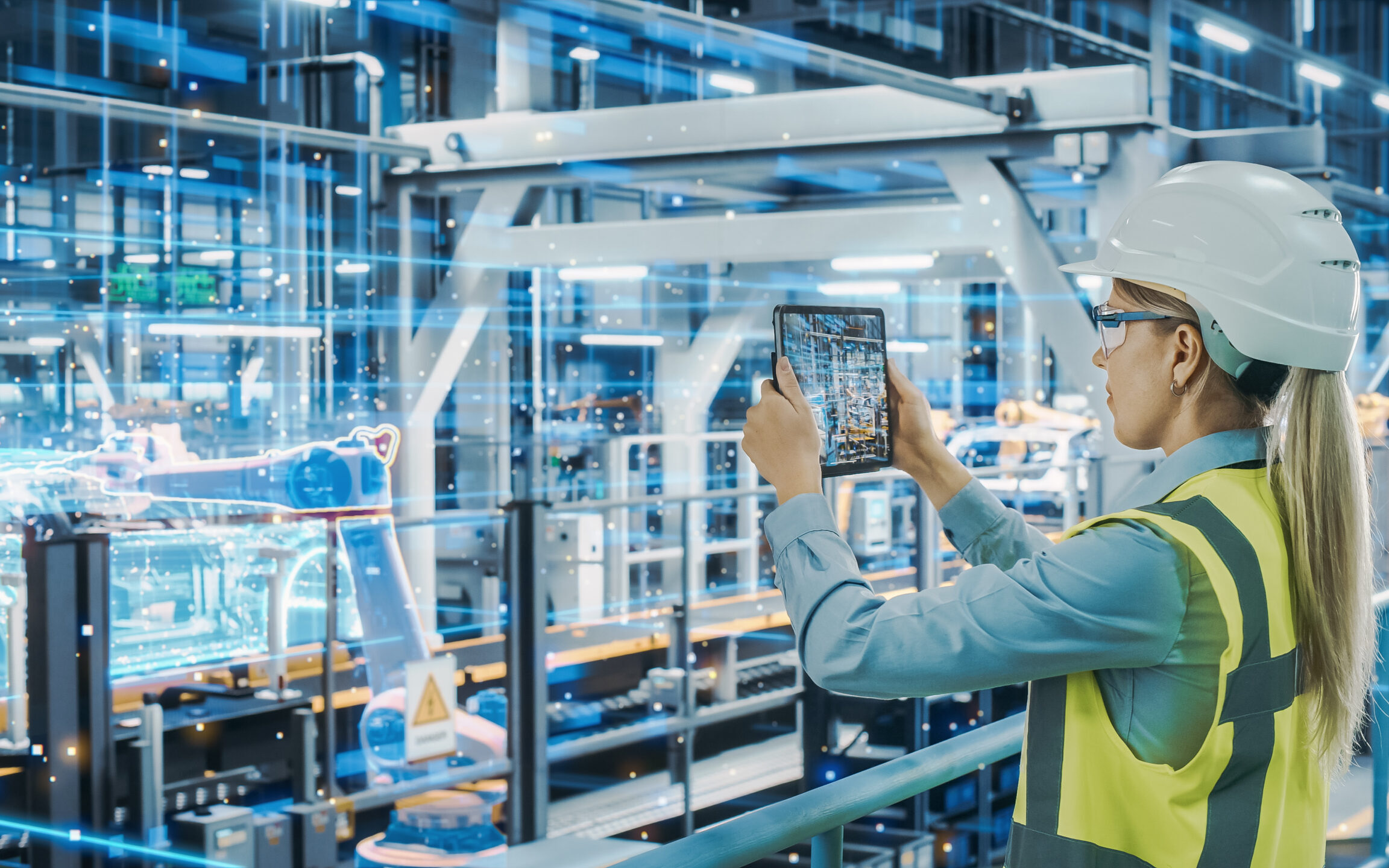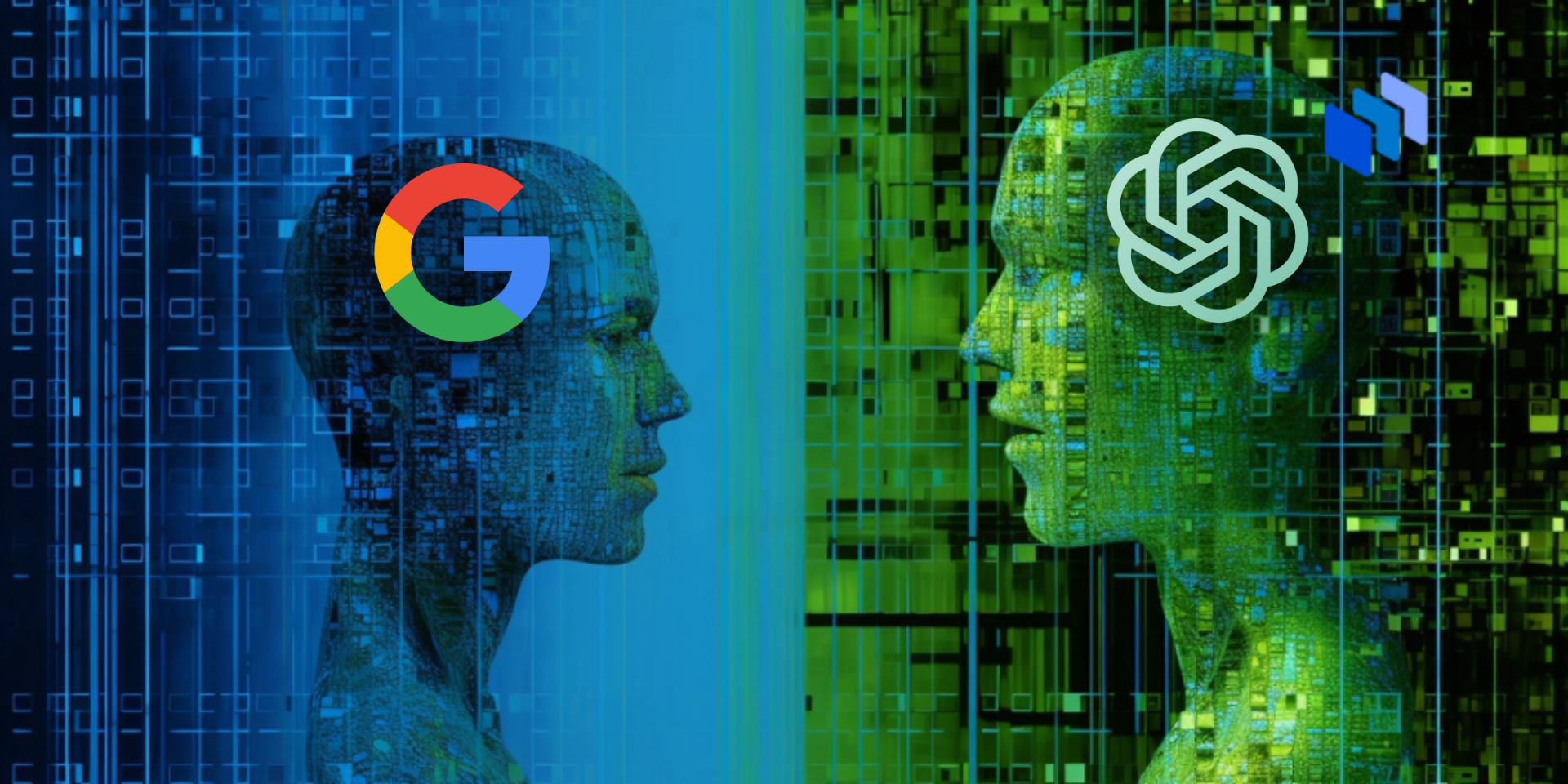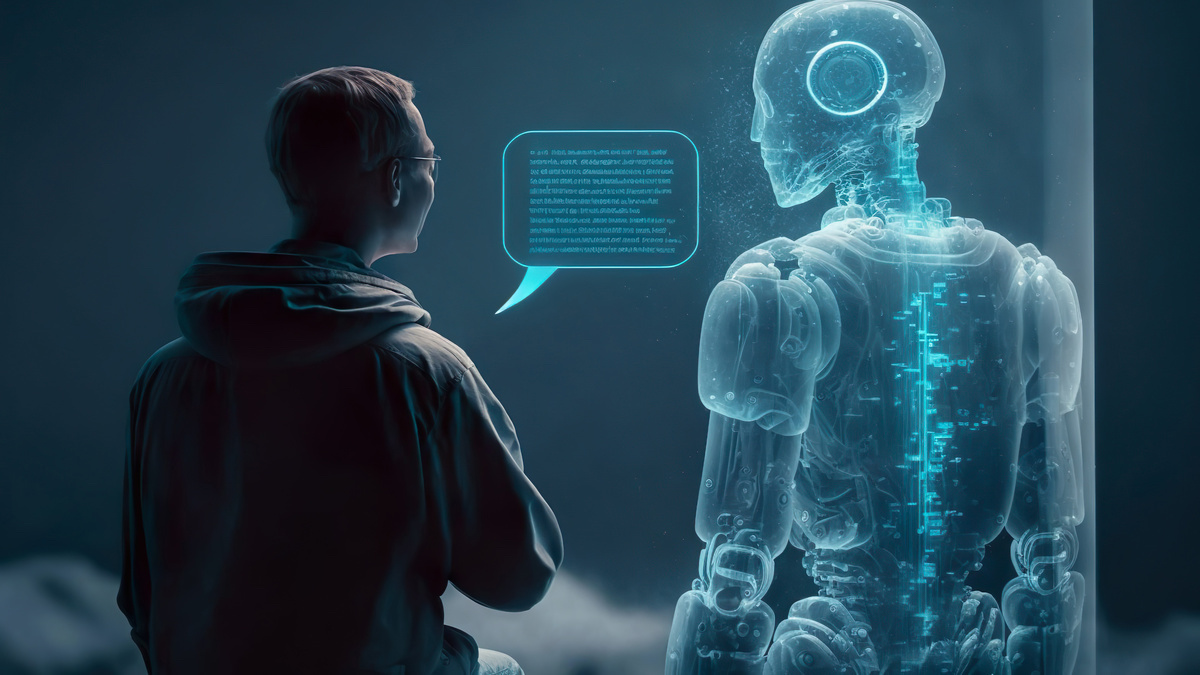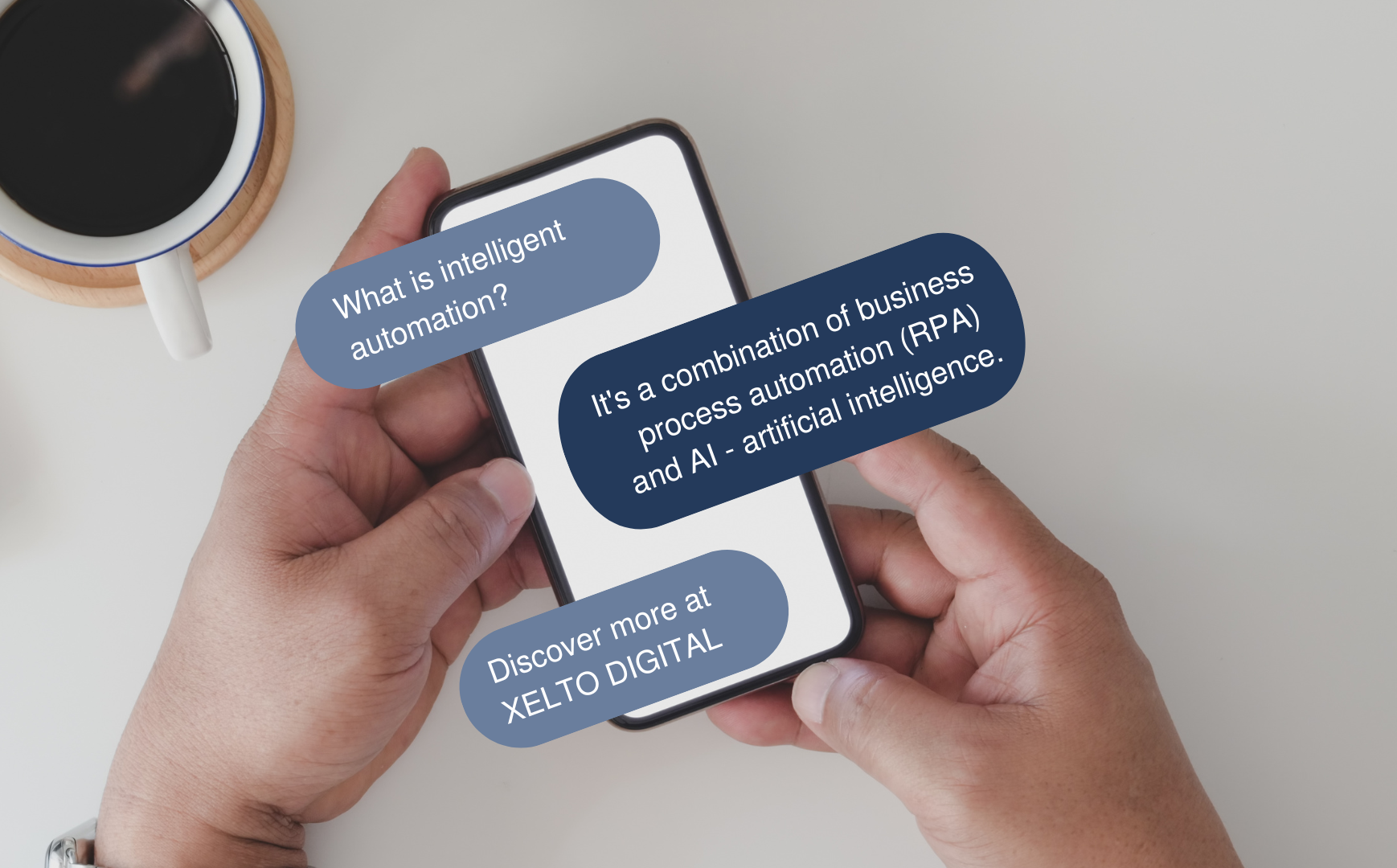
Artificial Intelligence in manufacturing and logistics
Artificial Intelligence in action: Breakthrough changes in manufacturing and logistics

Artificial Intelligence in action: Breakthrough changes in manufacturing and logistics

Artificial Intelligence: The New Era of Interactive Entertainment 🎮🤖 The

Google Gemini – the new standard of technology 🌍🚀 Before

All eyes on AI – the surge of interest in

Automate invoice processing with XELTO DIGITAL robots 🤖📑. “Every Monday

Examples of intelligent automation implementations at top companies💡 Intelligent process

Intelligent process automation – RPA and AI join forces 🤖